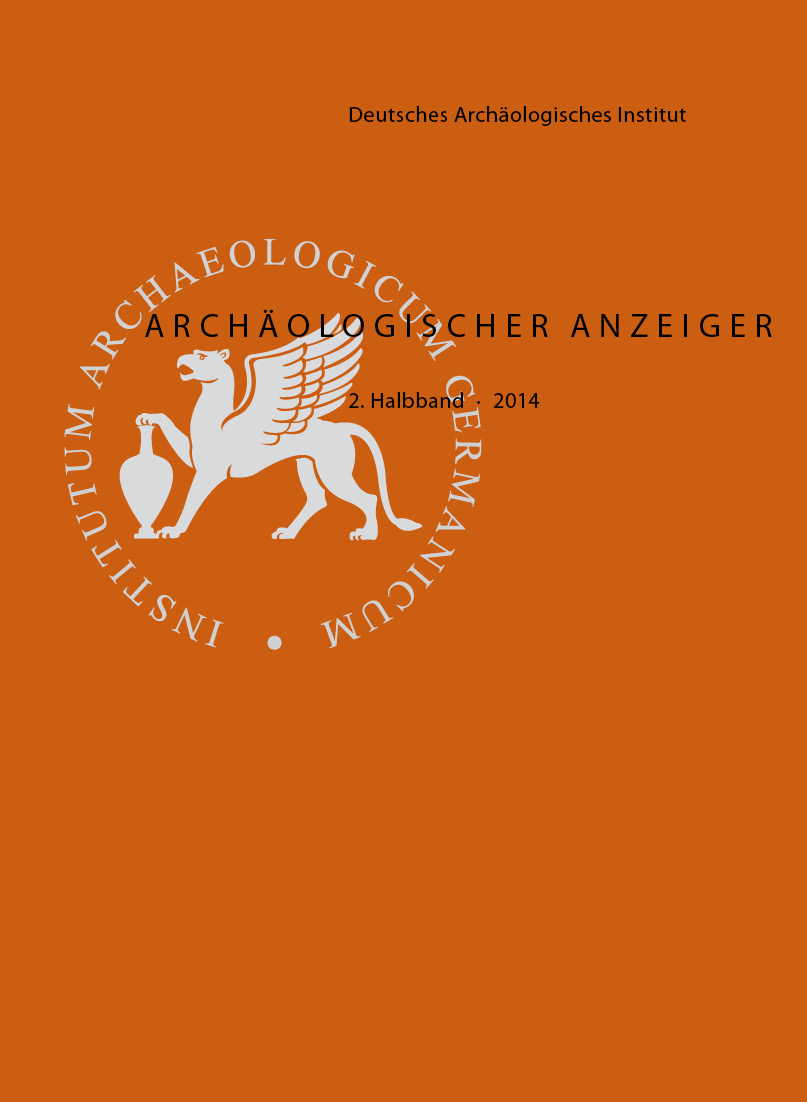A Late Fourth/Early Third Century B.C. Farmstead at Ĥolot Rishon Le-Zion (South), Israel: Evidence for an Unrecorded Military Clash in the Southern Levant?
https://doi.org/10.34780/mn0k-jbv7
Abstract
An Early Hellenistic-period farmstead excavated under controlled archaeological conditions at Rishon Le-Zion, Israel and dated – based on discovered coins and pottery vessels – to the late fourth and early third centuries B.C., is discussed in light of the narrow chronological range of its finds relative to their great variety. The relatively short occupation of this Hellenistic settlement, as well as the fact that it was abandoned, are analyzed against the backdrop of the region’s geopolitical history and the archaeology corpus of its settlement. The evidence from the site recorded by the excavators suggests either an environmental or political cause for its abandonment, probably during the late days of Ptolemy I or the early days of Ptolemy II.
Schlagwörter:
Palestine, Southern Coastal Plain, Early Hellenistic Period, Ptolemy I, Ptolemy II





